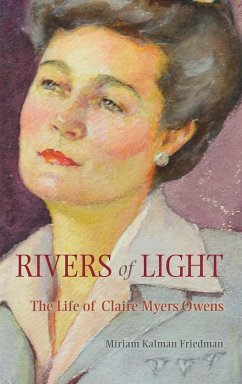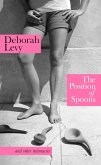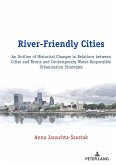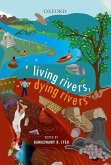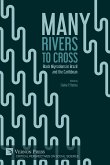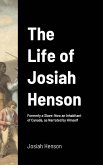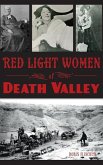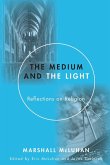Growing up in a conservative, middle-class family in Texas, Claire Myers Owens sought adventure and freedom at an early age. At twenty years old, she left home and quickly found a community of like-minded free spirits and intellectuals in New York's Greenwich Village. There Owens wrote novels and short stories, including the controversial novel The Unpredictable Adventure: A Comedy of Woman's Independence, which was banned by the New York Public Library for its "risqué" content. Drawn to ideals of selfactualization and creative freedom, Owens became a key figure in the Human Potential Movement along with founder Abraham Maslow and Aldous Huxley, and became an ardent follower of Carl Jung. In her later years, Owens devoted her life to the practice of Zen Buddhism, moving to Rochester, NY, where she joined the Zen Center and studied under Roshi Philip Kapleau. She published her final book, Zen and the Lady, at the age of eighty-three. Friedman's rediscovery of Owens brings well-deserved attention to her little known yet extraordinary life and passionate spirit. Drawing upon autobiographies, letters, journals, and novels, Friedman chronicles Owens's robust intellect and her tumultuous private life and, along the way, shows readers what makes her story significant. With very few role models in the early twentieth century, Owens blazed her own path of independence and enlightenment.
Bitte wählen Sie Ihr Anliegen aus.
Rechnungen
Retourenschein anfordern
Bestellstatus
Storno

